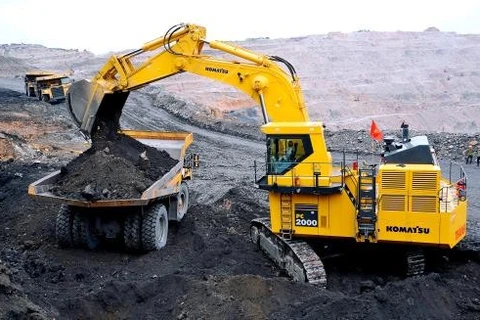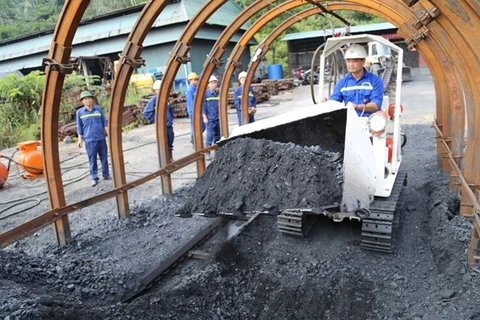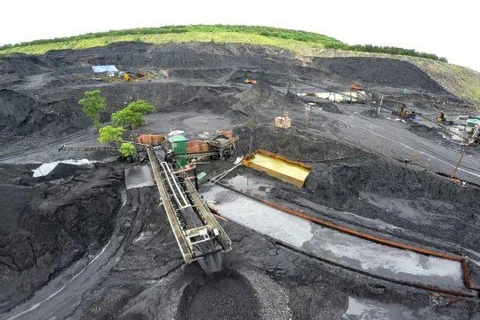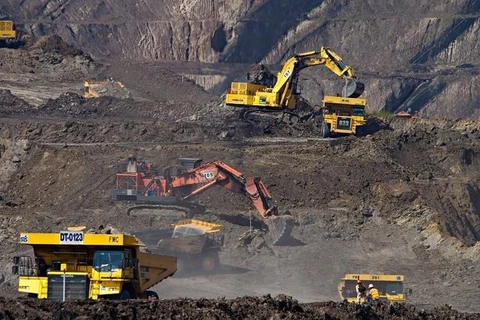Hanoi (VNA) – The 14th Multi-Pollutant Emissions from Coal Workshop, held in Hanoi on October 28, pulled together international experts, scientists and policy makers who laid stress on the significance of advanced technologies to control mercury and multi-pollutant emissions from coal combustion.
At the event, organised by the Clean Coal Centre under the International Energy Agency (IEA) in collaboration with the Hanoi University of Natural Resources and Environment, they shared results of scientific research and management experience so as to outline strategies to branch out state-of-the-art technologies to curb and reduce pollutants from coal utilities.
According to Deputy Minister of Natural Resources and Environment Vo Tuan Nhan, coal burning for power generation results in emissions of particulates, Sulfur dioxide (SO2), Nitrogen oxides (NOx), mercury and heavy metals, among others, which have critical impact on the environment and human health.
While other regions are promoting the use of “green” energy, Asia is still dependent on coal burning to meet energy demand, he said, adding Asia is mining and burning three-quarters of the world’s coal.
In recent years, Asian nations have worked to boost production of renewable energy. However, their efforts are insufficient, especially when coal-generated electricity is playing an important role to ensure energy security in Southeast Asian countries like Vietnam, Thailand and Indonesia.
Dang Ha Son from the Centre for Energy and Green Growth Research said Vietnam has increased import of bituminous coal to meet demand for industrial activities and power generation.
The country should apply advanced measures to use energy in an effective way, and it is necessary for the state-owned agencies to carry out meticulous study to lay down standards to curb sulfur and mercury emissions from industrial plants, he suggested.
Meanwhile, Lesley Sloss, a representative from the Clean Coal Centre, said there are many technologies to reduce pollutants from coal burning, and management of mercury can be done by using clean coal./.
VNA
























